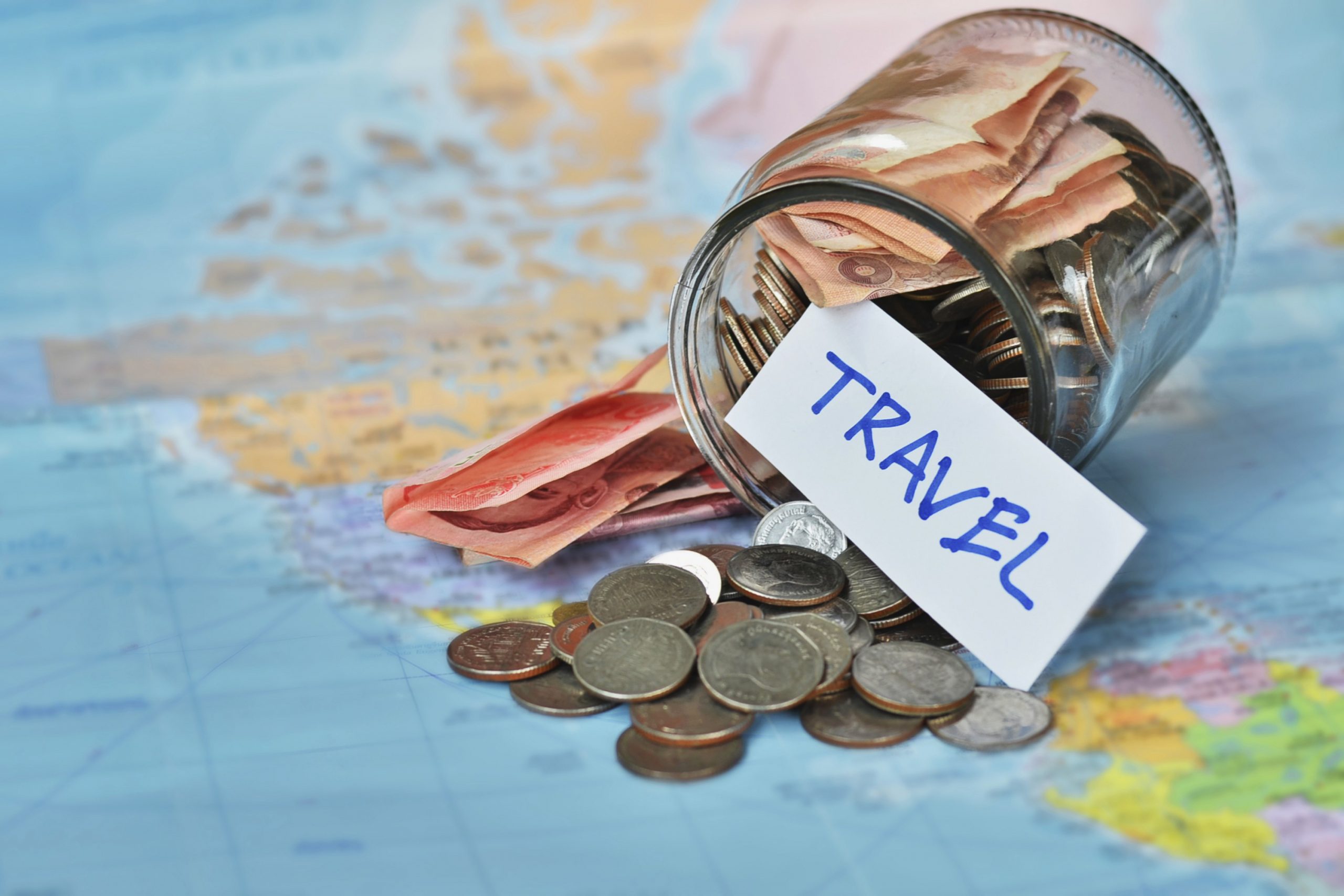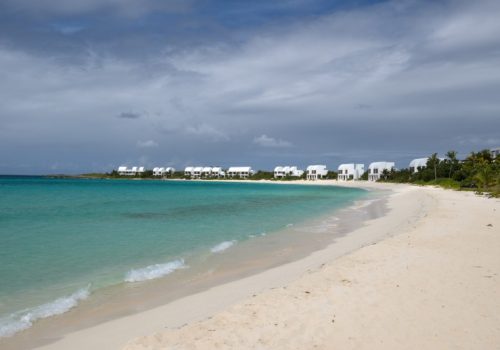HOW TO SAVE ON VACATIONS, HOTELS AND CRUISES
Many people are hesitant to travel due to its high-cost potential. However, if done right, you don’t need to go overboard to create a relaxing vacation and enjoy every moment of it. Check out the following tips to help you save money on travel.

Have Flexible Travel Dates. Having flexible travel dates is extremely helpful in saving money. Flights leaving on Tuesdays, Wednesdays and Saturdays tend to be cheapest as these are the least popular days to fly. Starting your trip on one of these days can help cut down your cost, especially if you need to purchase multiple tickets. You should also do thorough research on your destination and what is considered to be high season vs. low season. Of course, you don’t want to travel somewhere cold in the dead of winter or somewhere extremely warm in the height of summer, but learning about the most “touristy” times to travel can help you find lower prices and great travel deals. Also, if you don’t have too many schedules to arrange, spontaneously taking advantage of last-minute travel deals can save big bucks. Unsold hotel rooms or cruise cabins, for example, are considered “perishable” goods in the travel industry because if unoccupied, the revenue opportunity is lost and cannot be made another day. This forces companies to drop their prices in an effort to fill inventory.
Leverage Memberships for Discounts. If you have membership in certain groups, investigate the various discounts they may offer. Organizations such as AARP and AAA offer travel discounts of varying amounts. Some places may even offer student/teacher/military discounts, so be sure to do your research. In addition, brand-specific rewards programs or frequent flier miles can help reduce the price of your trip.
Book in Bundles. Booking all the pieces of your vacation separately can be costly. Save during the planning process by bundling your airfare, hotel, car rental and transfers. Check a couple of different sites before booking to make sure you’re getting the best savings. Be educated about what the trip should cost you so you know if you’re booking a true travel deal or being exploited.
Create a Realistic Budget. One of the best ways to avoid overspending is to budget for your trip. Know how much you are willing to spend per day before you start the vacation. If you’re not planning a simple all-inclusive vacation, you’ll need to take into consideration all of the various expenses so there are no “in-trip” surprises. How much do you foresee spending daily on meals, transportation, souvenirs and sightseeing/entertainment? Don’t budget based on what you typically spend on an average day at home. (If you’re traveling with family, be sure to account for the additional people into your per-day spending).
Use Cash. Once you’re away, it is tempting to splurge and stray away from your carefully crafted budget. A great way to stay on track is to use cash. Swiping a credit card for all of your purchases can be dangerous as you won’t actually notice how much you are spending until the trip is over and you are home reading through your credit card statement. Using cash makes you more money-conscious and if you do have the urge to splurge one day, you’ll notice how much less you have for the next day.
Make Some Meals. While away, it can be expensive to eat out three times a day every day. If you don’t stay at a hotel in which breakfast is included, make one meal a day (or two if you’re staying in a room with a kitchen). This could mean stocking the in-room refrigerator with yogurts or buying a box of granola bars to help kick start the day. You may even want to make some sandwiches if traveling with kids to eat while sightseeing or spending the day at the beach. This can save a lot of money if you have more than one mouth to feed.
Use the Best Credit Card. If you are planning on making purchases with a card while on your trip, make sure it is the best card for your purchases. Aside from the fact that you won’t want to be charged additional fees if traveling internationally, some credit cards offer cash back or additional points on travel purchases. Many airline cards offer double or triple miles, free checked bags, discounted in-flight snacks or amenities and more. In addition, some credit cards have built-in car rental insurance and will cover you in case of an accident if the car is paid for with that respective card. Make sure you check with your credit card company to learn all of the perks before you travel.
Armed with the above tips, you can make smart decisions that save you money on travel. Having a well-planned out vacation and a realistic idea of how much you want to spend can save you from excessive spending and allow you to enjoy the trip while away and upon returning home.
 Travel blog
Travel blog










